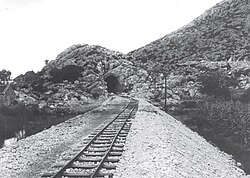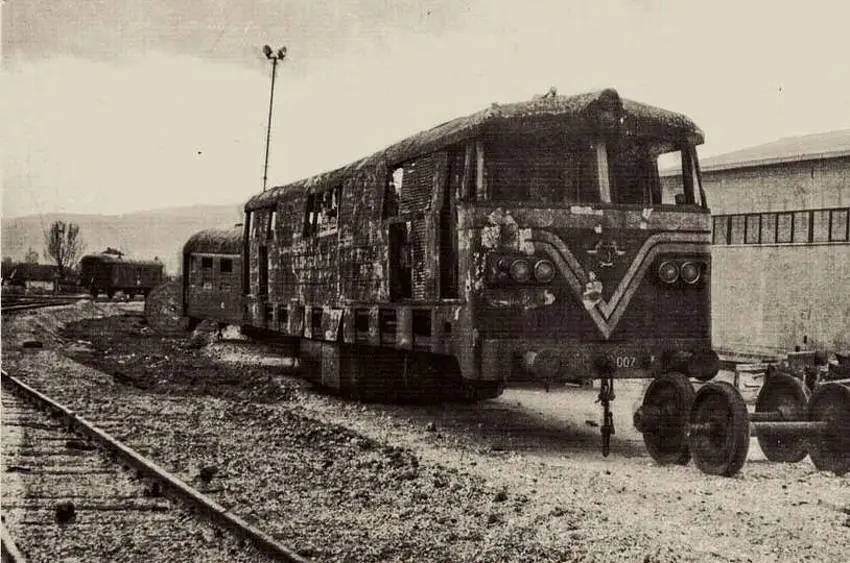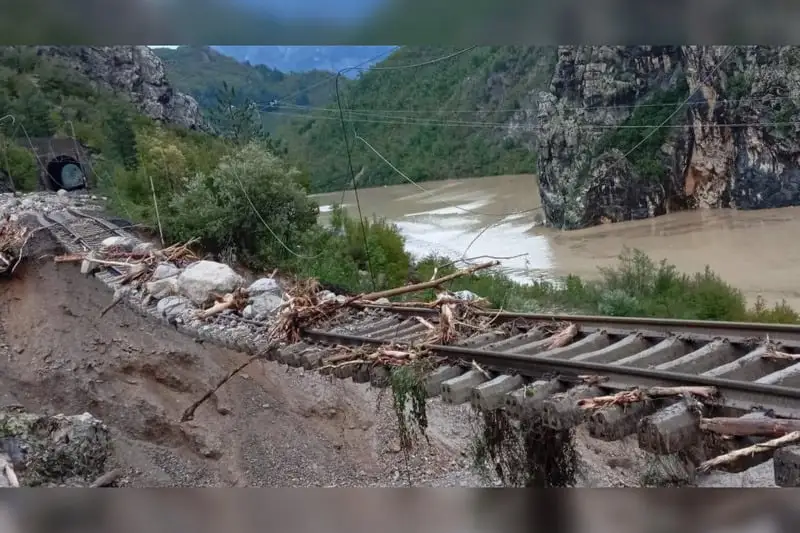#36 BOSNIA-HERZEGOVINA Green Velocity - Crash the Habit: Μικρές Ιστορίες
- Nov 2, 2025
- 2 min read
Παρακάτω παρατίθεται μία από τις 44 ιστοριούλες που απαρτίζουν τη συλλογή μαρτυριών από ατυχήματα σε στεριά, αέρα και θάλασσα 11 νεαρών ατόμων από διάφορα μέρη της Ευρώπης και του κόσμου.
ΙΣΤΟΡΙΑ #36
ΣΙΔΗΡΟΔΡΟΜΙΚΕΣ ΓΡΑΜΜΕΣ
by Emina Saric (Bosnian), European Solidarity Corps; ESAI EN ROI Volunteer
ESC volunteering in teams DHIAfest campaign diffusion International Campaign
Bosnia-Herzegovina || Transportation Accident Stories
Supporting Organization: SVITAC
Train accident:
“The Last Stop at Jablanica”
The morning fog clung to the Neretva River like a shroud, blurring the line between water and sky. High above the turquoise flow, the Sarajevo–Ploče railway wound through the mountains, hugging cliffs and diving through dark tunnels. On this early spring morning, Train 721 was making its usual descent from Konjic to Mostar.
At the controls sat Emir, a seasoned engineer with 30 years behind the throttle. Next to him was Aida, a young apprentice on her first solo shift. The two exchanged quiet conversation over the hum of the engine, the soft click of steel on steel the only other sound.
As they approached Jablanica, the town nestled between peaks and riverbanks, Emir noticed a tremor in the cab—a vibration out of place. Frowning, he tapped the gauges. The brakes responded sluggishly. Aida’s eyes widened.
“Something’s wrong,” she said, standing to check the control panel.
They were rounding a curve above the old hydroelectric dam when the shriek came—metal grinding in protest. Emir pulled the emergency brake. The train lurched. Behind them, cars groaned and twisted.
Moments later, the unthinkable happened. One of the rear wagons derailed, dragging others with it. The mountains echoed with a thunderous crash as metal splintered and wood snapped. Two cars plunged off the track, tumbling down toward the riverbank. Smoke curled upward like a signal to the silent peaks.
Local residents heard the noise and ran. Fishermen by the river dropped their rods and sprinted uphill. Among them was Dino, a retired paramedic who moved to Jablanica for peace, never imagining he’d need his training again.
He was the first to reach the wreckage.
What he saw stayed with him for the rest of his life—twisted metal, bleeding passengers, and a young woman pulling an unconscious child from a crushed seat. Aida.
She had survived the crash and was crawling back in.
Later, investigators would discover a fault in a newly replaced track section. A manufacturing defect, never detected. The Ministry launched a full inquiry. Promises were made, as they often are.
But to those in Jablanica, the accident became part of the land’s memory—like the old bridge blown up in war, or the bullet holes still visible in stone walls.
And every year on the anniversary, someone leaves white flowers at the bend in the track above the river.
Aida does too. Always quiet. Always alone.



















































Comments